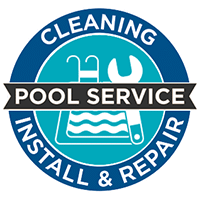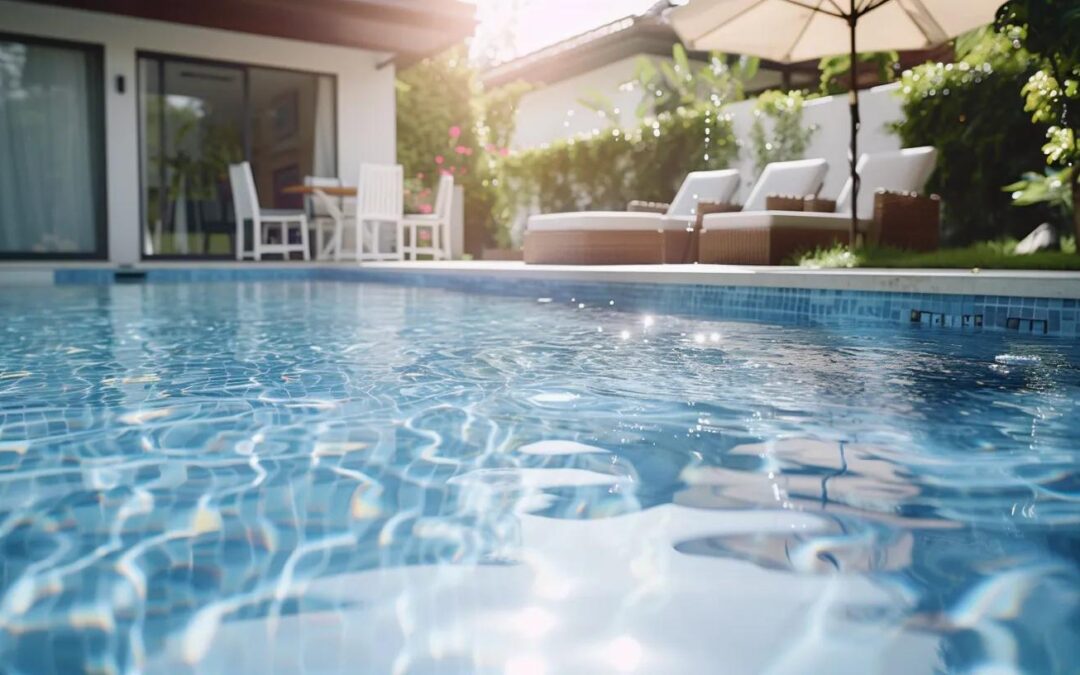Owning a pool in Forsyth County offers a refreshing escape during Georgia’s hot summers, but it also comes with its share of upkeep. From unexpected leaks and malfunctioning pumps to cracked tiles and cloudy water, pool problems can surface quickly if not properly addressed. Understanding the most common pool repair issues—and how to tackle them—can help homeowners extend the life of their pool and avoid costly overhauls down the line. In this guide, we’ll break down the typical pool troubles Forsyth County residents face and offer practical fixes to keep your backyard oasis in top shape all season long.
Top Pool Repair Fixes Every Forsyth County Resident Should Know
What Are the Most Common Pool Problems in Forsyth County?

Pools in Forsyth County often deal with specific issues that can become costly if left unaddressed. Leaks, pump malfunctions, clogged filters, and structural damage are the most frequent concerns. The area’s high water table and distinctive soil conditions make some of these problems more severe compared to other regions. Local homeowners often find themselves facing persistent water loss or equipment breakdowns that require consistent monitoring and upkeep. Understanding what causes these issues is key to keeping your pool safe, functional, and cost-effective over time.
How Do Pool Leaks Develop and How Can They Be Detected?
Leaks are among the most common and frustrating pool issues. They can form due to small cracks in the pool shell, weakened plumbing connections, or faulty seals around fittings. These problems often arise after years of exposure to temperature changes or chemical wear. Homeowners might first notice a slow drop in water level or a soggy patch around the pool deck. Other signs include air in the system or unexplained increases in water bills. Identifying leaks early can save both time and money. Professionals typically rely on dye tests or acoustic equipment to locate leaks before they worsen.
What Causes Pool Pump Failures and How Are They Fixed?
A malfunctioning pump can disrupt the entire circulation system. Common causes include overheating, voltage irregularities, or deterioration of key components such as seals and bearings. Pumps can also be damaged by debris buildup or imbalanced chemical levels. Signs of a failing pump might include loud noises, weak water flow, or the motor not turning on at all. Fixing a pump often starts with cleaning the basket and checking for clogs. In more advanced cases, repairs may involve replacing the motor or repairing worn-out internal parts. Regular checks can keep a pump running longer and help avoid complete system failures.
Why Do Pool Filters Stop Working and What Are the Solutions?
Filters play a crucial role in keeping water clean and balanced. When they become clogged or the filtering media begins to break down, water clarity quickly suffers. A failing filter system often results in cloudy water, algae growth, or increased reliance on chemical treatments. In many cases, a thorough cleaning or backwash will solve the issue. However, when filters are old or damaged, replacement may be the best option. Staying on top of filter maintenance keeps the entire pool system running efficiently and helps avoid more serious problems later on.
How Does Forsyth County’s Soil Affect Pool Structural Integrity?
Soil conditions in Forsyth County are often unpredictable. The local clay-rich soil tends to expand when wet and shrink during dry spells. These changes put stress on pool foundations and can lead to visible cracks or shifting in the structure. Even small signs of movement or misalignment can be early warnings of a larger problem. Over time, this shifting may affect the pool shell, plumbing lines, and decking. Addressing soil movement might involve reinforcing the foundation or making targeted repairs to prevent future damage. Understanding how the local ground behaves helps homeowners maintain long-term stability for their pools.
How Can Forsyth County Residents Diagnose Pool Repair Needs?

Diagnosing pool repair needs involves examining both the pool water and associated equipment. Homeowners should routinely monitor water chemistry and inspect equipment for wear. Early detection saves money and prevents further deterioration by ensuring repairs occur before damage becomes extensive.
What Are the Signs of Pool Water Chemistry Imbalance?
An imbalance in pool water chemistry can lead to corrosive water that damages equipment over time. Signs include hazy water, scale buildup on surfaces, and skin or eye irritations among swimmers. Regular testing for pH levels, alkalinity, and sanitizer concentration is vital. When readings fall outside recommended ranges, corrective actions—such as adjusting chemical dosages or shock-treating the pool—are needed to protect both the pool structure and swimmer safety.
How to Identify Equipment Wear and Tear Early?
Routine inspections can reveal signs of equipment wear. Homeowners should check for unusual noises, vibrations, or visible corrosion on pumps, motors, and filter housings. Indicators like loose fittings, frayed wiring, or damaged seals suggest that repair or replacement is needed. Keeping a maintenance log helps track changes over time and supports consultations with professionals regarding upgrades or repairs.
When Should You Call a Professional Pool Repair Service?
Persistent issues such as recurring leaks, major pump malfunctions, or unexplained fluctuations in water chemistry warrant professional attention. Experts can provide a detailed diagnosis using advanced tools not typically available to the average homeowner. Such assessments are crucial when structural or extensive equipment damage is suspected, as they require specialized interventions to prevent further damage or safety hazards.
What Are the Best Fixes for Common Pool Repairs in Forsyth County?
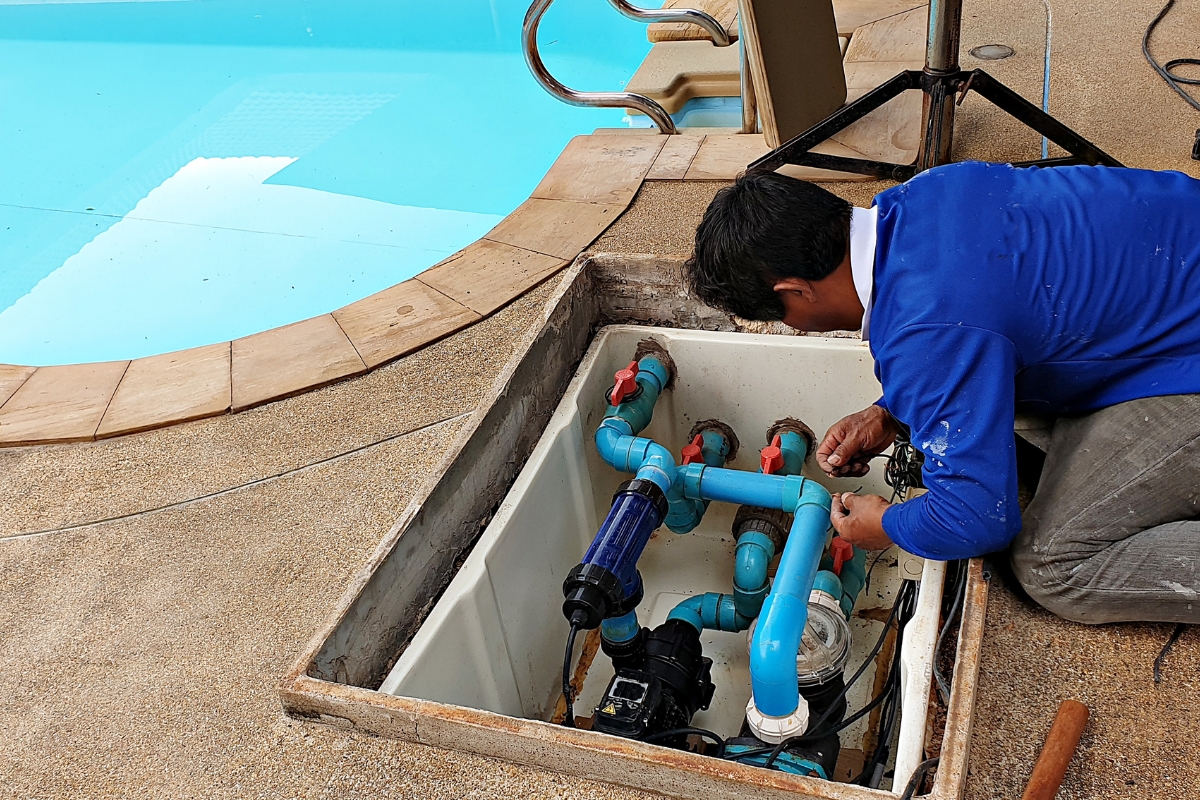
When pool problems surface, the right repair strategy depends on how serious the issue is. Some fixes are simple enough for homeowners to handle, while others call for professional help. In Forsyth County, common repairs often involve sealing leaks, restoring pump performance, and cleaning or replacing filters. Understanding how each of these components works and what can go wrong is key to keeping your pool in good condition year-round.
How to Repair Pool Leaks: Step-by-Step Methods
Fixing a pool leak starts with finding the source. Homeowners often begin by checking for visible cracks or unusually wet areas around the pool. If the leak is minor, it might be patched using waterproof sealants or pool putty. Vinyl liners can sometimes be repaired with a patch kit, while concrete pools may need an underwater application of epoxy. Leaks in plumbing lines are more involved and usually require draining the system and resealing or replacing pipes. Accuracy matters here. A clean surface and proper drying time are important to make sure the repair holds. Keeping a record of what was fixed and when can help plan future maintenance.
What Are the Effective Repairs for Pump and Motor Issues?
Pump and motor problems are usually linked to either clogs, electrical issues, or worn-out parts. A good first step is to remove debris from the pump basket and check that the impeller spins freely. If the motor is making noise or feels unusually hot, there may be a problem with the bearings or windings. In some cases, it makes more sense to replace the motor entirely, especially if it’s older or inefficient. Upgrading to a newer model may also lower your energy bills. Making sure the pump is not running dry and that it’s properly primed can help prevent breakdowns from happening in the first place.
How to Clean and Replace Pool Filters Properly
Filters need routine attention to keep the pool water clear. For cartridge filters, remove the cartridge and rinse off built-up debris. A more thorough clean might involve soaking it in a cleaner overnight. Sand and DE (diatomaceous earth) filters require backwashing to flush out dirt and contaminants. Over time, the filter media may degrade and need to be replaced entirely. Signs that your filter system isn’t working include cloudy water, poor circulation, or needing to add more chemicals than usual. Keeping a regular cleaning schedule, especially during peak swim season, helps filters do their job effectively.
What Preventative Maintenance Can Avoid Future Repairs?
Most costly pool issues can be avoided with routine maintenance. Skimming the surface, brushing the walls, and keeping the water balanced are all basic but essential tasks. Pumps, heaters, and filters should be inspected a few times a year. Watching for early signs of wear or inefficiency can stop problems before they get worse. Using a pool cover and maintaining proper chemical levels reduces stress on all the components. Staying consistent with care can save a lot of time and money in the long run.
How Does Local Expertise Improve Pool Repair Outcomes in Forsyth County?
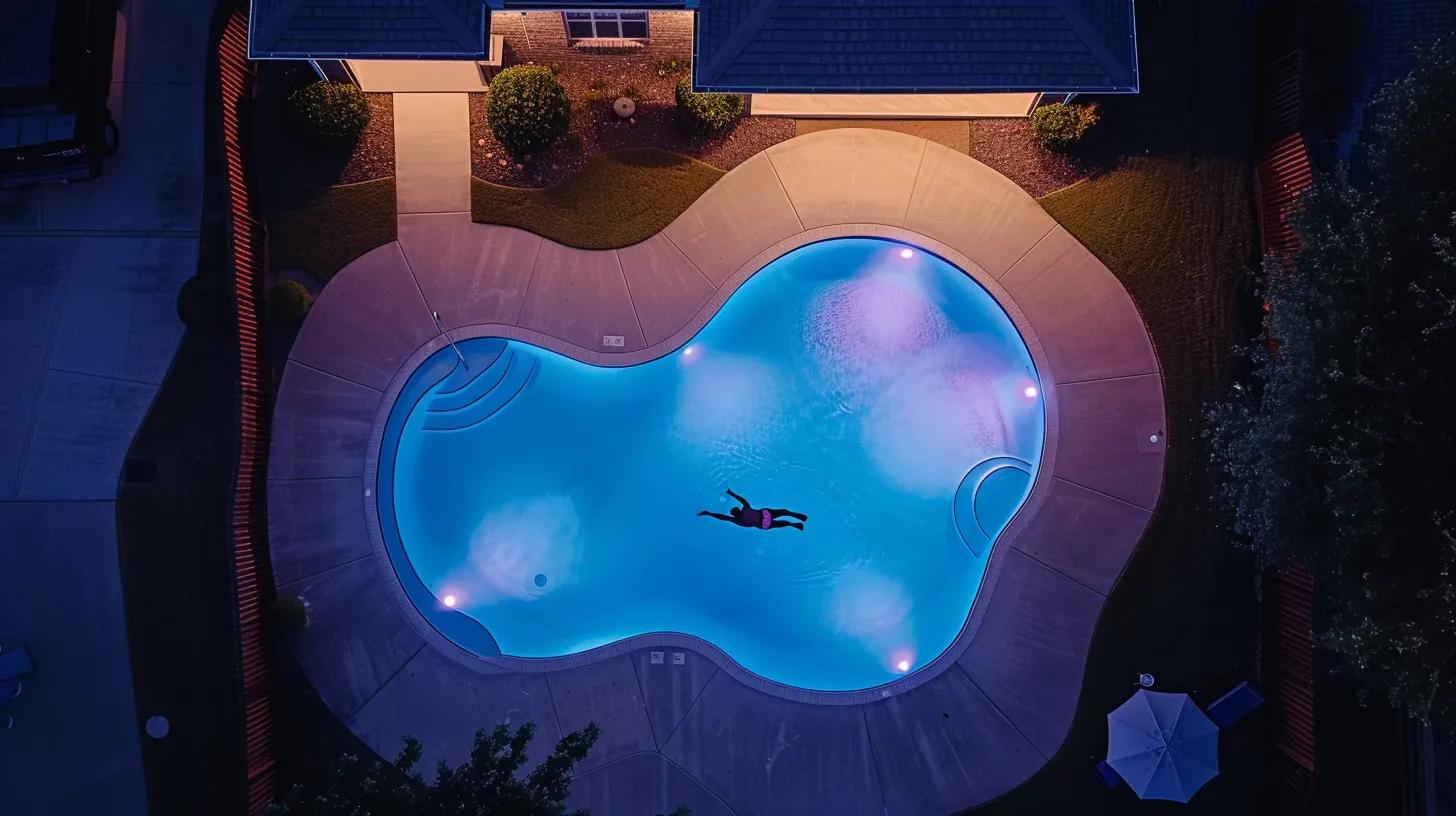
When it comes to pool repairs, understanding the local environment can make a significant difference in how long those repairs last. In Forsyth County, conditions like weather patterns, soil types, and water quality present unique challenges for pool owners. Local professionals bring experience with these issues, which allows them to make more accurate diagnoses and apply solutions that hold up better over time.
Working with someone who knows the local area helps avoid trial and error. They’re more likely to know which materials resist common problems like cracking, shifting, or corrosion. That knowledge can reduce the need for repeat repairs and extend the life of the pool.
Why Is Understanding Forsyth County’s Climate Important for Pool Repairs?
Forsyth County’s weather changes throughout the year in ways that impact pool structures. During the summer, high temperatures can cause materials to expand. In colder months, that same material contracts, which sometimes leads to cracks in concrete or sealants wearing out prematurely.
Local repair crews are familiar with this cycle and use that insight when recommending materials or planning repairs. For instance, flexible sealants may be a better choice than rigid ones in areas where temperature swings are common. In addition, because heavy rain is not unusual in certain seasons, professionals also take drainage into account to prevent water from collecting where it can cause damage.
How Do Local Soil and Water Conditions Affect Pool Equipment?
Forsyth County has a high clay content in its soil. This can cause the ground around a pool to move more than it would in other areas, placing stress on the pool’s structure and equipment. When the soil shifts, underground plumbing lines, pumps, and filters may become misaligned or damaged.
Water conditions also come into play. If local water has a high mineral content or is slightly acidic, it can speed up corrosion of metal parts like heaters, ladders, and fixtures. Knowing this, experienced technicians often recommend specific cleaning schedules or chemical adjustments to reduce wear and tear. They may also use protective coatings or advise on upgrading materials to slow down damage caused by the water itself.
Why Does Fast Service and Clear Pricing Matter in Pool Repairs?
When pool issues arise, time is a factor. A small leak can turn into a bigger structural issue if ignored. Equipment that isn’t working correctly can cause chemical levels to become unbalanced, which leads to cloudy water or algae buildup. Fast service keeps those problems from getting worse and costing more in the long run.
Equally important is knowing what a repair will cost before work begins. Estimates that are straightforward help homeowners make informed decisions. It also builds trust when the scope of the repair and the pricing are clear from the start. Repairs are easier to manage when you know what to expect and when the job will be finished.
What Are the Costs and Timeframes for Pool Repairs in Forsyth County?
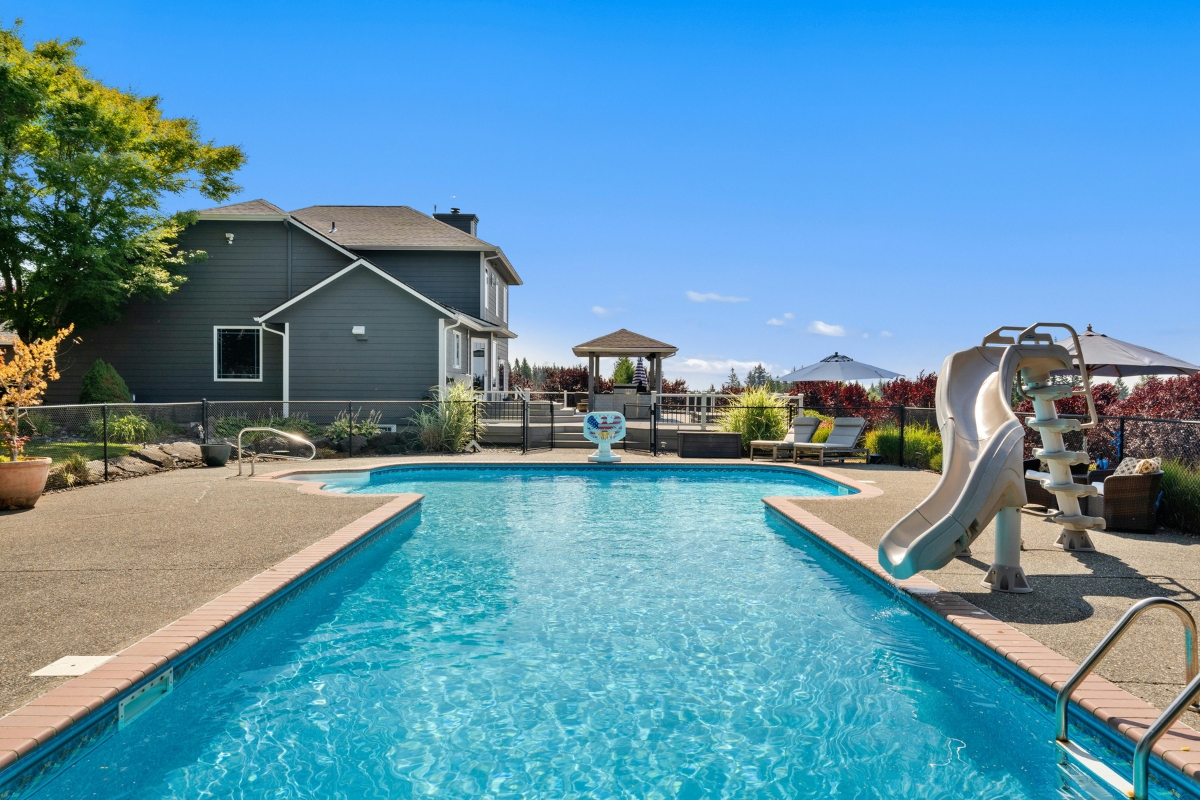
Planning for pool repairs means understanding both the expected costs and how long the work might take. The price of a repair depends on the problem’s severity and the materials required, while the timeline is often influenced by complexity, labor availability, and weather conditions. Knowing what to expect ahead of time can help homeowners make informed decisions and avoid surprises.
How Much Does a Typical Pool Leak Repair Cost?
The cost to repair a pool leak can vary quite a bit. Minor leaks that are caught early and located near the surface may cost just a few hundred dollars to fix. However, if the leak is underground or involves a major section of plumbing or structural damage, expenses can climb into the $1,000 to $3,000 range. These higher costs often reflect the labor and materials involved in accessing the problem and completing a durable repair. Catching issues early through regular checks can significantly reduce the final bill.
What Is the Average Repair Time for Common Pool Issues?
Some pool repairs are quick. A patch to fix a small tear in a liner or a simple filter cleaning might be completed in just a few hours. Others, such as replacing a faulty pump or dealing with structural cracks from shifting soil, may take a few days or longer. The majority of standard pool repairs are typically wrapped up within one to three days, assuming parts are available and weather conditions are stable. Delays can happen if rain prevents outdoor work or if specialty materials need to be ordered.
Are There Practical Preventative Maintenance Options?
Regular maintenance is one of the best ways to avoid expensive pool repairs. Some local providers offer maintenance plans that include water testing, equipment checks, and filter cleaning at scheduled intervals. These programs are designed to keep small problems from becoming bigger ones. Homeowners who stick to a maintenance schedule often spend less over time on emergency repairs and replacements.
Preventative care also helps extend the life of pool equipment like pumps, filters, and heaters. Keeping the system clean and balanced reduces stress on components and prevents breakdowns during peak usage seasons. For many, these plans offer peace of mind by keeping the pool in good condition year-round.
How Can Forsyth County Pool Owners Maintain Their Pools to Prevent Repairs?

Keeping a pool in good condition takes regular effort, but it pays off by reducing the need for repairs. Forsyth County’s mix of hot summers and mild winters presents unique challenges, so having a consistent maintenance routine is especially important. Cleaning, equipment checks, chemical adjustments, and seasonal preparation are all part of preventing wear and tear before it becomes expensive to fix.
What Are the Essential Weekly Pool Maintenance Tasks?
Weekly upkeep is the foundation of any good maintenance plan. Basic cleaning tasks like skimming leaves from the surface and brushing pool walls keep algae and dirt from building up. Vacuuming the floor of the pool once a week removes heavier debris that sinks to the bottom. It’s also important to clean out skimmer baskets and check that the filter is running properly.
Water chemistry needs weekly attention too. pH, chlorine levels, and alkalinity should be tested and adjusted to stay within recommended ranges. Balanced water helps keep swimmers safe and reduces strain on pool surfaces and equipment. Keeping track of chemical levels regularly makes it easier to spot imbalances before they cause problems.
How to Monitor Pool Equipment for Early Warning Signs
Pool equipment usually gives signs when something is going wrong. If the pump starts making loud or unusual noises, or if there are vibrations that weren’t there before, it may point to a developing issue. Smells from the motor area or reduced water flow can also be signs of trouble.
Looking over the system regularly helps catch these problems early. Keeping an eye on the pool’s pressure gauge, watching for air bubbles in the return lines, and noting any error messages from automated systems can give clues about clogs or mechanical wear. Taking quick action when something seems off can prevent bigger repairs later.
Which Seasonal Maintenance Practices Are Recommended Locally?
Each season in Forsyth County brings different maintenance priorities. In spring, it’s important to inspect the pool for any damage caused during the winter months, especially cracking or leaks. This is also a good time to start up the equipment and re-balance the water for swimming season.
Summer often means heavier pool usage, so filters may need more frequent cleaning, and water levels should be monitored for evaporation. In the fall, clearing out leaves and trimming back nearby vegetation helps prevent debris from clogging systems. Once the swimming season ends, lowering the water level, covering the pool, and adding winterizing chemicals will help protect against cold weather damage.
Where Can Forsyth County Residents Find Trusted Pool Repair Services?
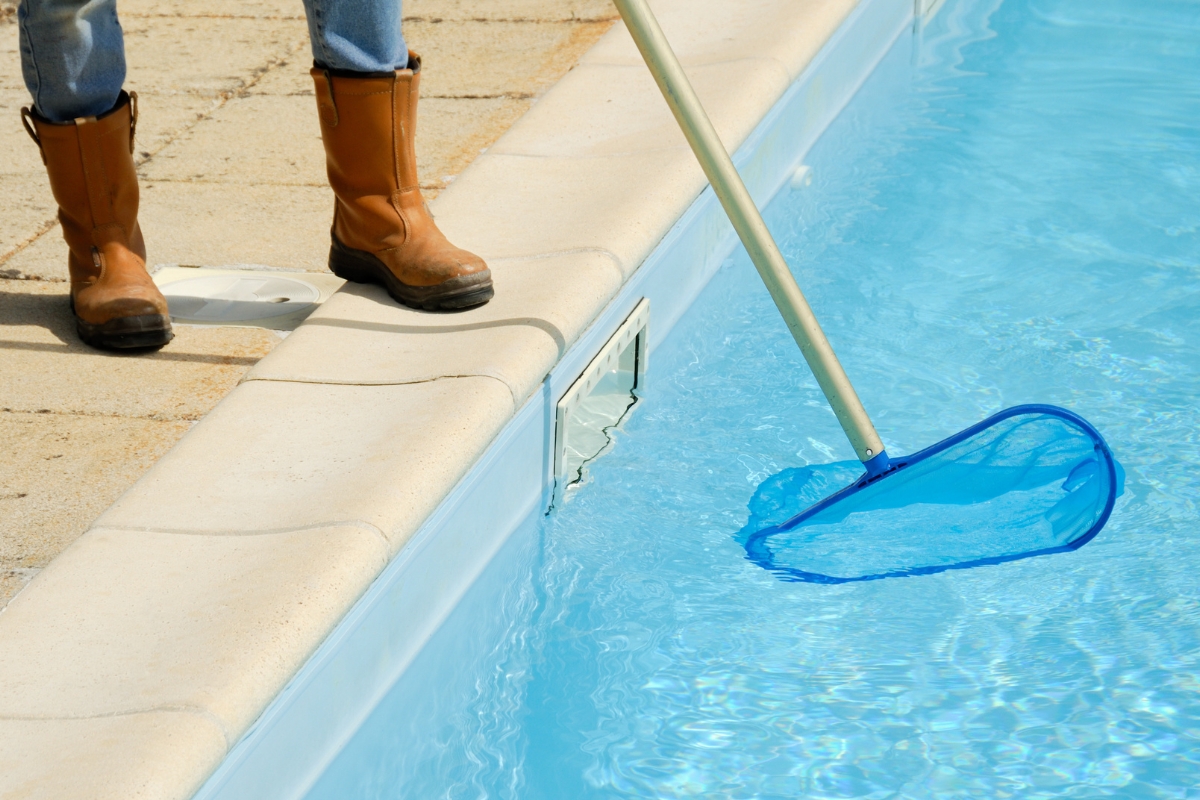
For homeowners in Forsyth County, finding a dependable pool repair company is essential for both ongoing upkeep and handling sudden issues. Whether it’s fixing a leak, addressing equipment failure, or maintaining water quality, the right service provider can make a big difference in both cost and long-term reliability. With the area’s specific climate and soil conditions, local knowledge is an added advantage when selecting a repair team.
What Should You Look for in a Reliable Pool Repair Company?
Choosing a repair provider should involve more than just checking availability. Look for companies that clearly explain their pricing and provide estimates before starting work. Fast response times are another important factor, especially when dealing with urgent problems like leaks or pump malfunctions. Technicians should have proper licensing, insurance, and experience with various types of pool systems. Reputable companies often offer warranties on their work, which adds a layer of security for the homeowner.
Customer feedback is a useful resource when comparing providers. Reviews can give insight into how companies handle communication, follow-ups, and service quality. A track record of satisfied customers is a strong sign that a company is likely to deliver consistent results. Experience with regional conditions, such as local water quality or soil-related issues, is also a plus, since these factors often play a role in both the cause of problems and the best solutions.
How Do Local Providers Prioritize Customer Satisfaction?
In Forsyth County, many pool companies have built their reputations on responsiveness and consistent results. Quick turnaround times on service calls, clear communication, and reliable follow-through are key elements that set reliable providers apart. Using quality replacement parts and staying up to date with equipment standards also contribute to long-term performance. When a repair is done right the first time, it prevents repeat visits and added expenses.
Local professionals often understand the challenges that come with maintaining pools in this region, such as dealing with expansive clay soil or fluctuating temperatures. These conditions can lead to structural shifts, leaks, and premature wear on equipment. Companies that factor in these local challenges tend to offer more durable and targeted repair solutions.
How to Schedule a Pool Repair in Forsyth County
Setting up a repair appointment is typically straightforward. Most companies allow scheduling by phone or through their websites. To speed up the process, it helps to have a recent water test and a description or photo of the issue ready when making contact. In some cases, same-day service is available for urgent needs, while regular maintenance visits can be planned in advance.
Staying ahead of problems with timely service is the best way to protect your investment and enjoy uninterrupted use of your pool. By working with experienced local technicians, homeowners can be confident that repairs are made with the right tools, methods, and attention to detail.
Frequently Asked Questions
Q: How can I tell if my pool has a leak rather than just normal evaporation? A: If the water level drops more than 1/4 inch per day without corresponding weather factors, or if wet spots appear around the pool area, it may indicate a leak. Professional leak detection tests can pinpoint the issue.
Q: What regular maintenance tasks can help prevent major pool repairs? A: Weekly tasks such as skimming debris, checking water chemistry, cleaning filter baskets, and inspections of equipment help prevent buildup and reduce the risk of larger problems.
Q: Are DIY repairs advisable for major pump or filtration problems? A: While minor repairs can sometimes be handled by experienced homeowners, major pump or filter issues usually require professional expertise. Incorrect DIY work can worsen the issue and increase long-term costs.
Q: How often should I schedule professional inspections for my pool in Forsyth County? A: A professional inspection is recommended at least once a year, ideally at the start of the swimming season, with additional assessments after severe weather or noticeable performance changes.
Q: Can seasonal maintenance reduce the frequency of emergency pool repairs? A: Yes, seasonal maintenance that addresses changes in water chemistry, equipment wear, and structural integrity is the most effective way to prevent costly emergency repairs.
Q: What are the benefits of choosing a local pool repair service over a national chain? A: Local services have specialized knowledge of Forsyth County’s soil, climate, and water conditions. They typically offer faster responses, personalized customer service, and tailored repair solutions.
Q: How do I get an accurate pool repair estimate? A: A precise estimate generally requires an on-site assessment. Homeowners should provide recent photos, water test reports, and any documentation of recurring issues. Many companies offer free consultations to give transparent cost breakdowns.
Final Thoughts
Whether it’s a leaky pump, cracked tile, or stubborn filter issues, staying on top of pool repairs ensures your backyard oasis stays safe, clean, and ready for fun. Don’t let small problems turn into big headaches—partner with the experts at Clear Water Pools Atlanta to keep your pool in peak condition with our pool repair services. Give us a call at 770-406-8638 or visit our website to request your personalized pool repair estimate today and dive back into worry-free enjoyment!

